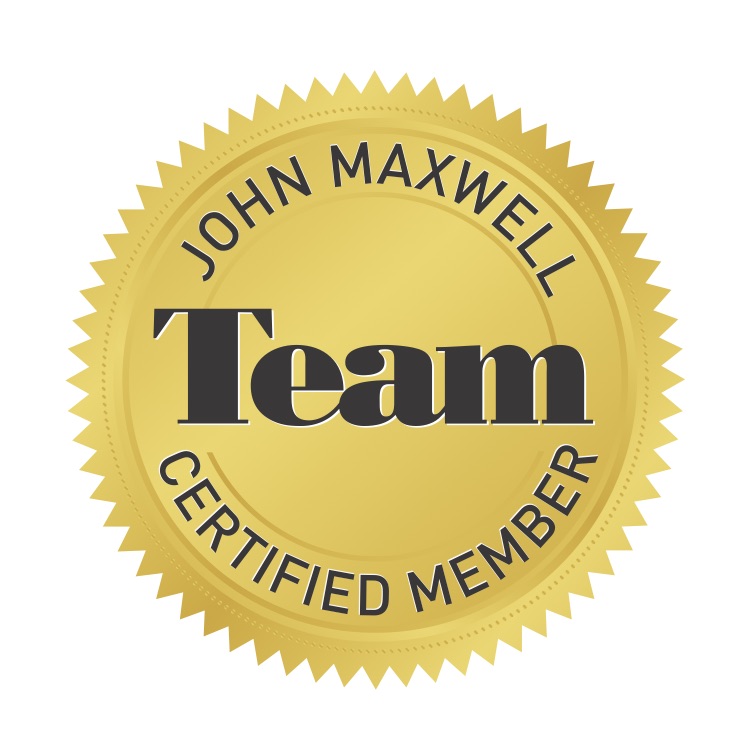In the modern day world, almost all of us are so busy running pillar to post that we don’t realize when days, weeks, months, and years just pass by. Almost every morning rushing to get ready for work, skipping breakfast, children missing school bus and just managing to enter school as the school bell rings, us reaching late to work all stressed up, running late for the meetings, chasing deadlines which exhaust us, either skipping lunch or having unhealthy junk snacks to calm down our hunger cravings, working until late evenings and into the night to check off items from the day’s to-do list which still looms large, reaching home late when the kids are already off to sleep.
The next day is just another mad rush from the time the alarm goes off in the morning till the time we hit the bed at night. Another day is gone. Another week is gone. Another month is gone and another year is gone. Our new year resolutions, our birthday resolutions are still unfulfilled and ‘unresolved’.
I’m sure many of us will relate to this lifestyle. We are constantly racing against the clock and wonder why the day is just 24 hours. We have become so much used to our highly mechanised life that being busy is just part of our lives now. Though we cannot do anything to increase the hours in a day, we can certainly look at how we spend these 24 hours. Sometimes we are just busy being busy without even analysing whether we actually need such a lifestyle.
It is, therefore, time to step back and assess whether this is the life we really want. There are a few steps that we can take which can really improve our quality of lives even while remaining within the same job and managing with the same deadlines. However, without the realisation that we need a change in our lifestyle, nothing can change. We need to reflect and evaluate our current lifestyle and have to make a conscious decision to bring about a change for the better. A strong will power can do wonders. Here’s what we can do:
- Plan your day: Once you realise things need to change, spend some time each day to plan your day so that you have better control of what happens during the day. It is aptly said, “Either you control the day or the day controls you.” Ideally, planning for the day should be done the previous evening or the night before. Before you go to sleep every night, spend 15-30 minutes planning what you are going to do the next day, and have a list ready. Review the list once you are done listing all items. Think objectively and strike out the ‘not to do’ items from your to-do list. Tasks that may be delegated to someone else and tasks that are not really adding value to you or your deliverables should be struck off. Tasks that are important but not urgent may be prioritised for a later date so as not to overwhelm you in 1 day. Have another review of this shorter list and identify the top 3 things that must be absolutely done. Make sure you attack these top 3 things first thing the next morning. Getting the most important things done first thing in the morning will ease out a lot of stress from the rest of the day. Mark Twain once said that if the first thing you do each morning is to eat a live frog, you can go through the day with the satisfaction of knowing that that is probably the worst thing that is going to happen to you all day long. The ‘frog’ is the number one task on your list that you must do and which is going to have the maximum impact on your life and your results for the day. And if you have to eat two frogs, eat the ugliest one first. Obviously it may not be possible to jot down each and everything that you are going to do the next day and you may get surprises, that is perfectly okay. This is fine and accepts the fact that life cannot be perfect. There will be detours and there will be people and technology who will fail you and there may be emergencies that might prevent you to move according to your plan. That is perfectly okay. What is important is to have planning time and besides a to-do list which we are all used to, the importance of extracting a ‘not-to-do-list’ from the to-do list. This planning exercise itself will bring you stress free sleep with a comfort that tomorrow is going to be a productive day.
- Avoid the distractions: To keep up with your plan and to make it work to your advantage, it is also important to stick to the plan. In today’s age of information overloads, compelling inner call to surf the internet, a strong desire to reach out to your social network and the constant urge to check your emails, such distractions will do all they can to derail you. It is always a good idea not to check your emails first thing in the morning as you reach office. Emails have the power of diverting you far from where you intended to be to eat the ‘frogs’ for the day. Mute the notifications for emails and other social media networks so you do not get distracted while you finish off the most important tasks for the day. Reward yourself with blocks of time to go to your social network once you have struck off an important task from your to-do list.
- Restructure your calendar: Rather than having your meetings spread over the entire day with time available off and on in between meetings, try wherever possible to have as many meetings back-to-back as possible so you get longer blocks of uninterrupted time to get your work done efficiently. Also, wherever possible try to have meetings compressed into 1-3 days in a week, depending on your individual situations and try keeping certain days free for uninterrupted blocks of time. Wherever possible have people to come over to your office for meetings rather than you commuting so you save travel times and can move from one meeting to another more efficiently. Try to start and end meetings on time and have an agenda ready before the meeting so you can save precious minutes. Work rules permitting, few of the meeting free days could also be used as work from home days so you could avoid the traffic commute and be additionally productive subject off course if you are honest with the spirit of a work from home culture and are not using work time for your own personal errands. Also, block some time of about 1-2 hours in your calendar each week to reflect on your medium to long term goals and to prepare and review an action plan to achieve these goals. Mark such time in your calendar so people cannot steal you for meetings during this time.
- Nurture your passion: The quality time that you are able to salvage from your ultra busy schedule by a little bit of planning can be utilised in pursuing and nurturing your passion. We need to continuously grow ourselves professionally and intellectually to feel enriched. Whether it is learning a new skill, pursuing a vocation, doing an online degree course, learning a new language, improvising an art, playing a musical instrument or simply spending more time with your family, now is the time. Remember small daily improvements over a period produce significant results.
We all were meant to lead a life full of quality rather than quantity. It is therefore extremely important to be more productive while what we are actually doing is getting busier and busier and not necessarily more productive. Its time for a health check: “Am I productive enough?”
As Henry David Thoreau said, “It is not enough to be busy. So are the ants. The question is: ‘What are we busy about?’”.







Very true Nalin! Arrrhhh. I feel so guilty! But, thanks for reminding me, its not too late to brush up in this area and be more intentional about it!